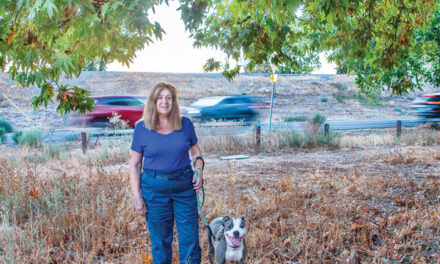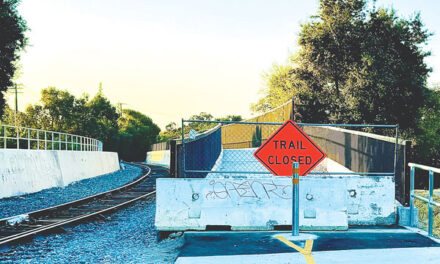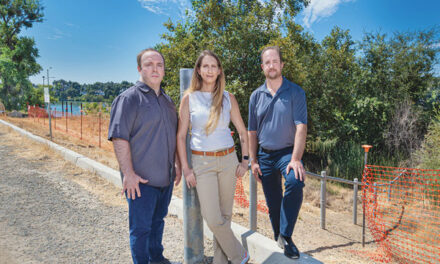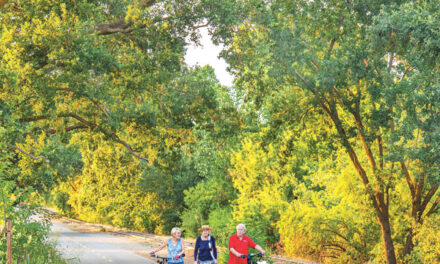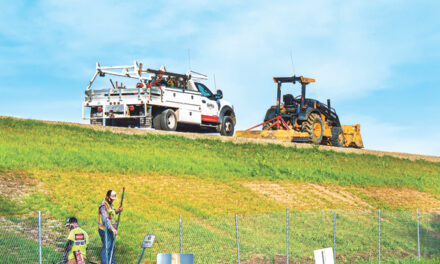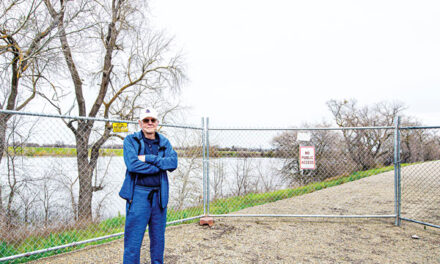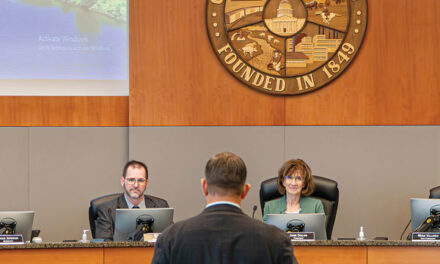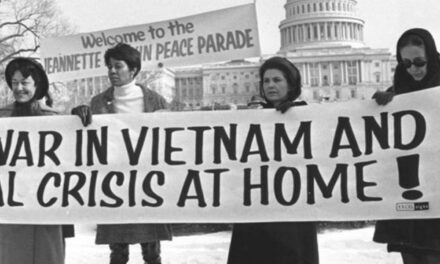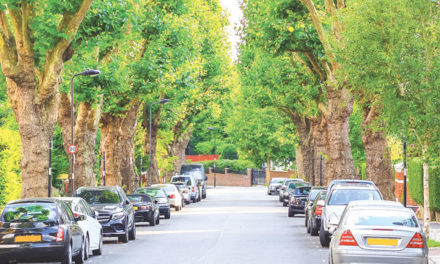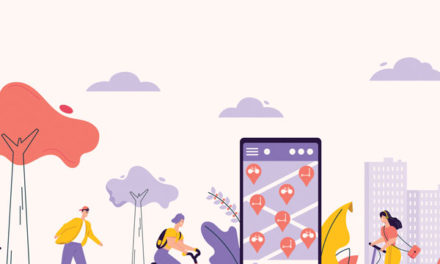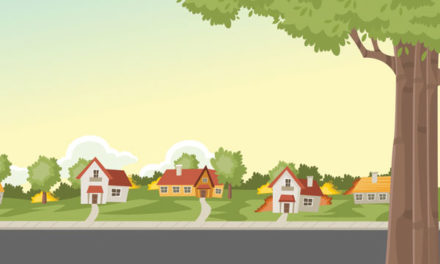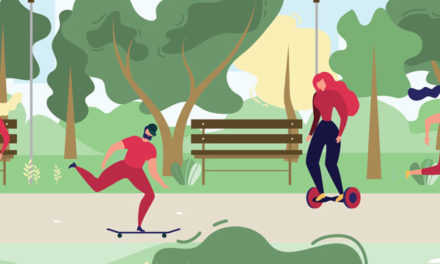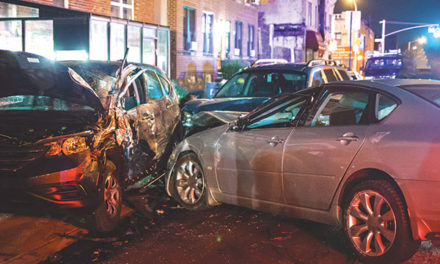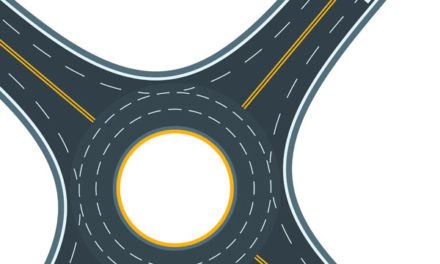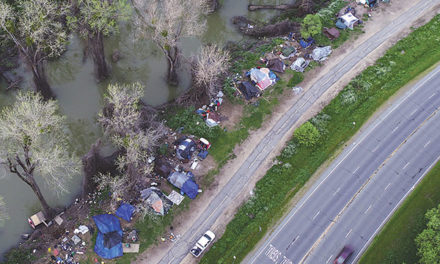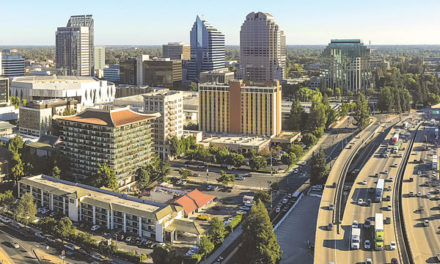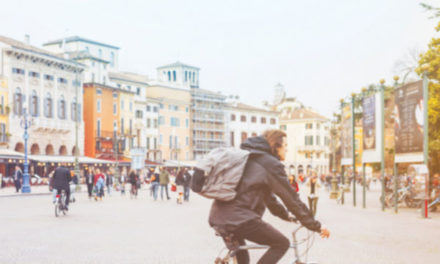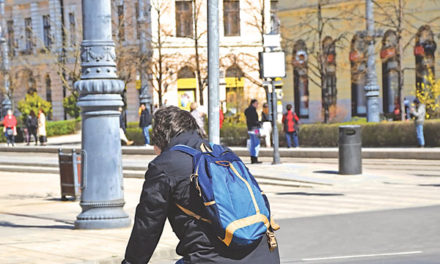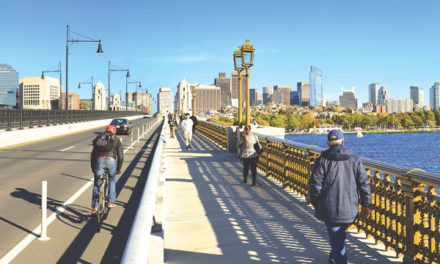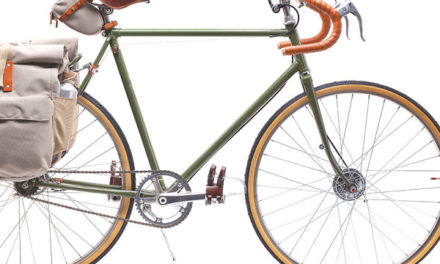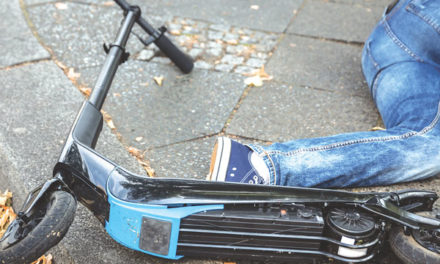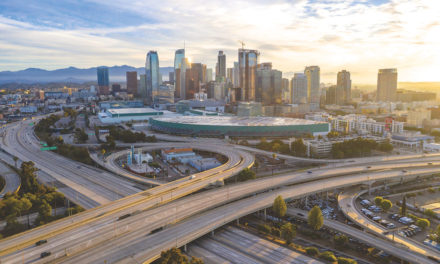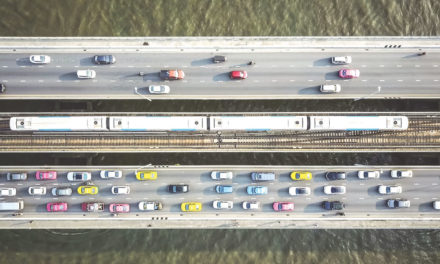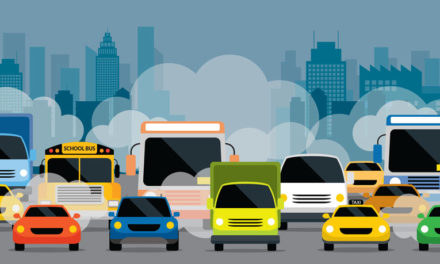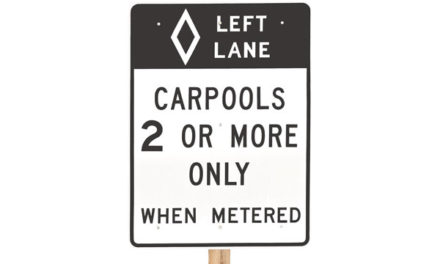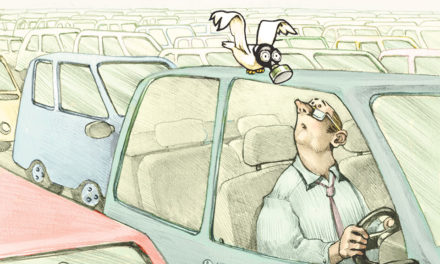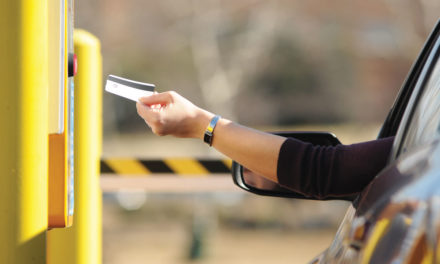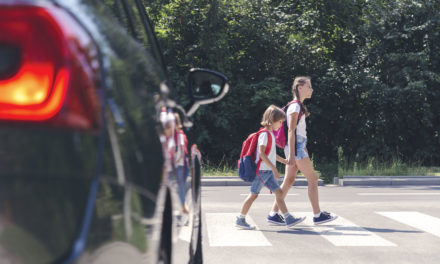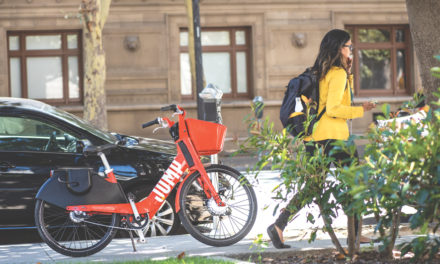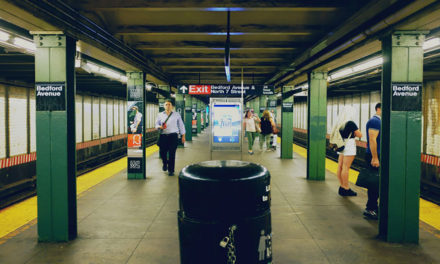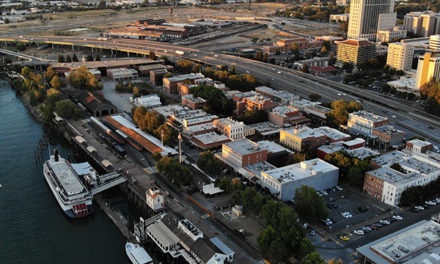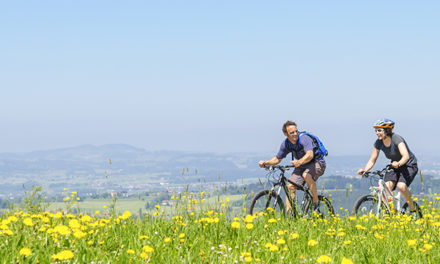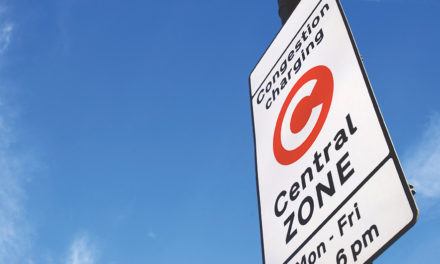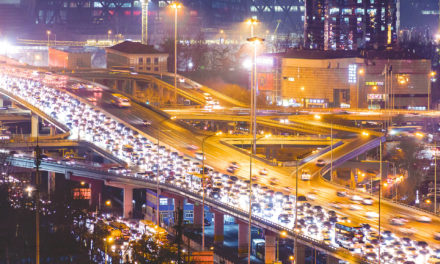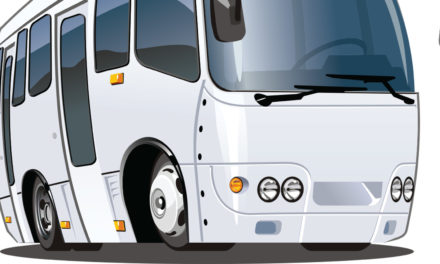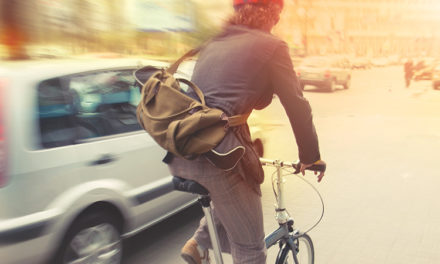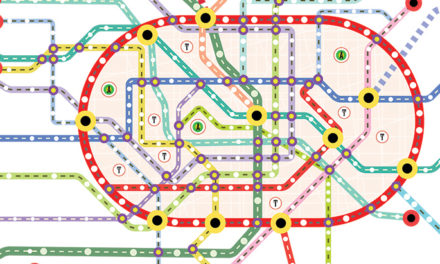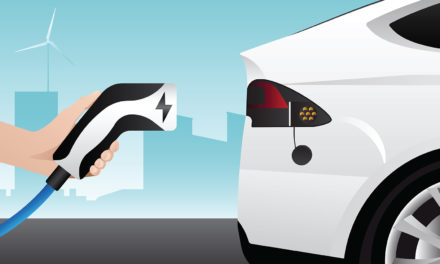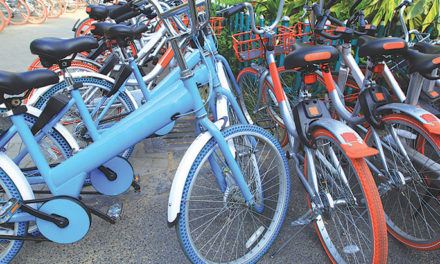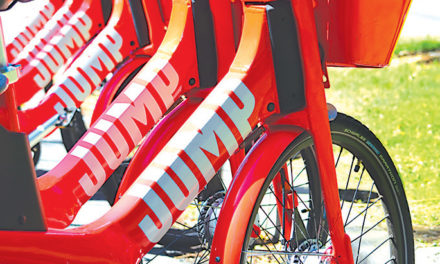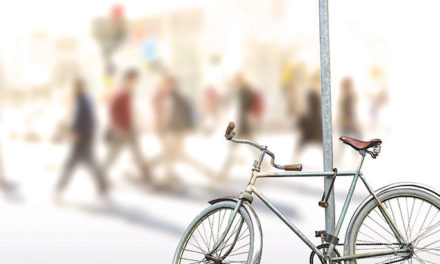Cars Versus People
In this battle, the cars are winning
By Walt Seifert
May 2018
“The Terminator” movie series was based on a war between humans and machines. Are we already in such a war? Despite the conveniences that cars provide, they often seem pitted against humans. The struggle rages on many fronts and is literally a matter of life and death.
If we are at war, it’s pretty clear which side is winning. The casualties on the human side are staggering. Around the globe, 1.25 million people are killed in vehicle crashes each year. In the United States, more people have been killed and injured in vehicle collisions than in all U.S. wars combined. According to Wikipedia, there have been 666,000 U.S. combat deaths in American wars from the Revolution nearly 250 years ago to the Iraq and Afghanistan wars. In just the past 20 years, more than 700,000 Americans have died in traffic crashes, and 50 million more have been injured.
Cars are inanimate. Drivers are people, so they are involved on both sides in this war. We decide how we want to travel. Americans vote for cars with their dollars and usually veto walking with their feet. We own millions of cars and don’t walk or bike much. There are more than a quarter billion registered vehicles in the United States—more vehicles than licensed drivers. Most trips are made by car. Across the country, only about 15 percent of trips are made by walking, bike or transit.
But the battlefield has long been tilted toward cars. Huge resources have been allocated to widening roads and building new freeway interchanges. Meanwhile, pedestrian and bicycle projects have been underfunded, getting a smaller share of money than their proportion of trips. Automobile parking, while never free to provide, is almost always available at no cost and represents a substantial subsidy and incentive to drive. Gas taxes don’t cover the costs of road construction and maintenance, so car use has been further subsidized by sales and other taxes.
It doesn’t have to be this way. Americans who always drive at home find that when travelling in Europe, they can easily get around without a car by using trains, public transit and walking. A car there can be a costly encumbrance instead of a convenience. In Europe, 70 percent of trips shorter than a mile are made by walking, biking or public transportation. In the United States, 70 percent of those short trips are made by car.
The Greenlining Institute, an Oakland-based advocacy group, recently issued a report: “Mobility Equity Framework: How To Make Transportation Work for People.” Report author Hana Creger says, “Good transportation planning starts with human needs and figures out how to meet those needs. Too often, planners have focused on cars, resulting in projects that actually harm communities rather than meeting their needs.”
The toll of the car-versus-people battle is not measured in human casualties alone. Besides the direct effect on human life, our focus on cars degrades neighborhood quality of life through noise, health and aesthetic impacts, harms the environment and, not trivially, consumes huge portions of individual and government budgets. Car use contributes to social isolation, limiting people’s interactions with their neighbors.
The Sacramento region’s Metropolitan Transportation Plan and companion Sustainable Communities Strategy have many high-minded policies related to environmental quality, economic vitality, financial stewardship, equity and access, and mobility. Those are fine goals, but at the same time, the California Environmental Quality Act, in a legal misstep, perversely made car needs and drivers’ comfort more important than real environmental impacts and effects on human lives.
That’s an example of the disconnect between transportation planning and fundamental human values such as caring for the planet and our own health, happiness and overall well-being. A continuing problem is translating ideals into actual transportation projects and then building the projects that do the most good. Cars have too often been prioritized over people. It’s hard to see a car-oriented strip mall as a thing of beauty or a community enhancement. Being able to drive as fast as we want on local streets or finding a free, convenient parking space isn’t essential to our pursuit of happiness. Car-centric transportation not only doesn’t create livable neighborhoods; it may prevent them from existing.
Cars should be our servants, not our masters. Until we put people first and human values foremost, we can’t expect to wind up with the kind of safe, serene and attractive places where most people truly want to be.
Walt Seifert is executive director of Sacramento Trailnet, an organization devoted to promoting greenways with paved trails. He can be reached at bikeguy@surewest.net.







